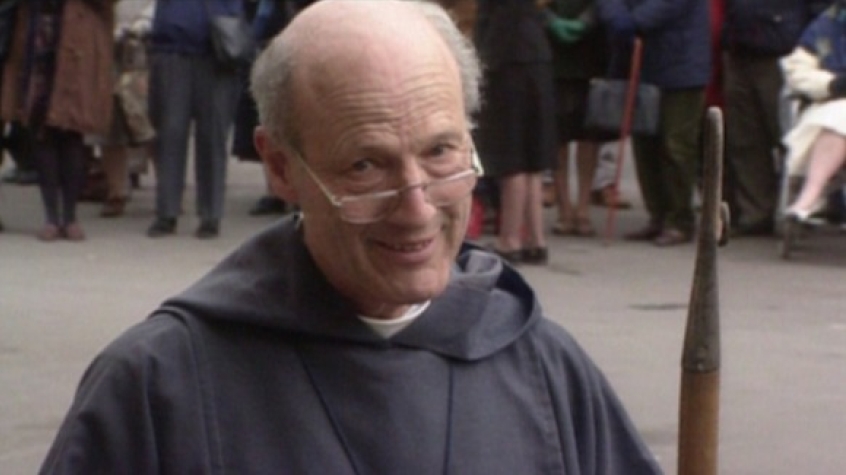The son of former Archbishop of Canterbury George Carey has said he was 'struck by the absence of any public expression of sadness and sympathy' for his father after he was found to have 'colluded' with predatory paedophile former bishop Peter Ball.
Andrew Carey, a campaigner and PR strategist, says his father was a victim of 'changing attitudes'.
Lord Carey resigned from an honorary position in the CofE after a damning report heavily criticised the Church's response to abuse carried out by the disgraced Peter Ball.
Carey, Archbishop from 1991 to 2002, was singled out for particular condemnation in the report by Dame Moira Gibb. In particular he was head of the CofE when Ball's abuse of a young man, Neil Todd, first came to light in 1993. Todd went on to commit suicide in 2012.
Ball was cautioned for gross indecency in 1993 after Lord Carey was among several influential friends who spoke in his defence.
Two years ago Ball was found guilty of grooming and abusing 18 young men between 17-25 years old. He was jailed for 32 months at the age of 84.
The inquiry found Carey had 'colluded' with Ball to cover up his repeated sexual abuse of boys and young men in order to avoid scandal.
In response current Archbishop of Canterbury Justin Welby asked his predecessor to 'consider his position' and Carey apologised and quit.
Andrew Carey makes his comments in his weekly column for The Church of England Newspaper.

However, writing in The Church of England newspaper, his son protested over the way that his father had been treated. 'I'm struck by the absence of any public expression of sadness and sympathy for my father from the current crop of archbishops and bishops,' he writes. 'They certainly wouldn't express any support for him in public because he now suffers from a disease that all bishops fear is contagious — that he has been criticised over handling safeguarding. To be criticised for this is like the sin against the Holy Spirit, unforgivable in the Church of England.
'It's no matter that the term "safeguarding" hadn't even been coined when Bishop Peter Ball's crimes were first reported. Twenty-five years later you are held accountable for cultural attitudes and standards that are totally different today.'
Last week Justin Welby admitted the church had been involved in a cover-up.
'This is inexcusable and shocking behaviour,' he said.













